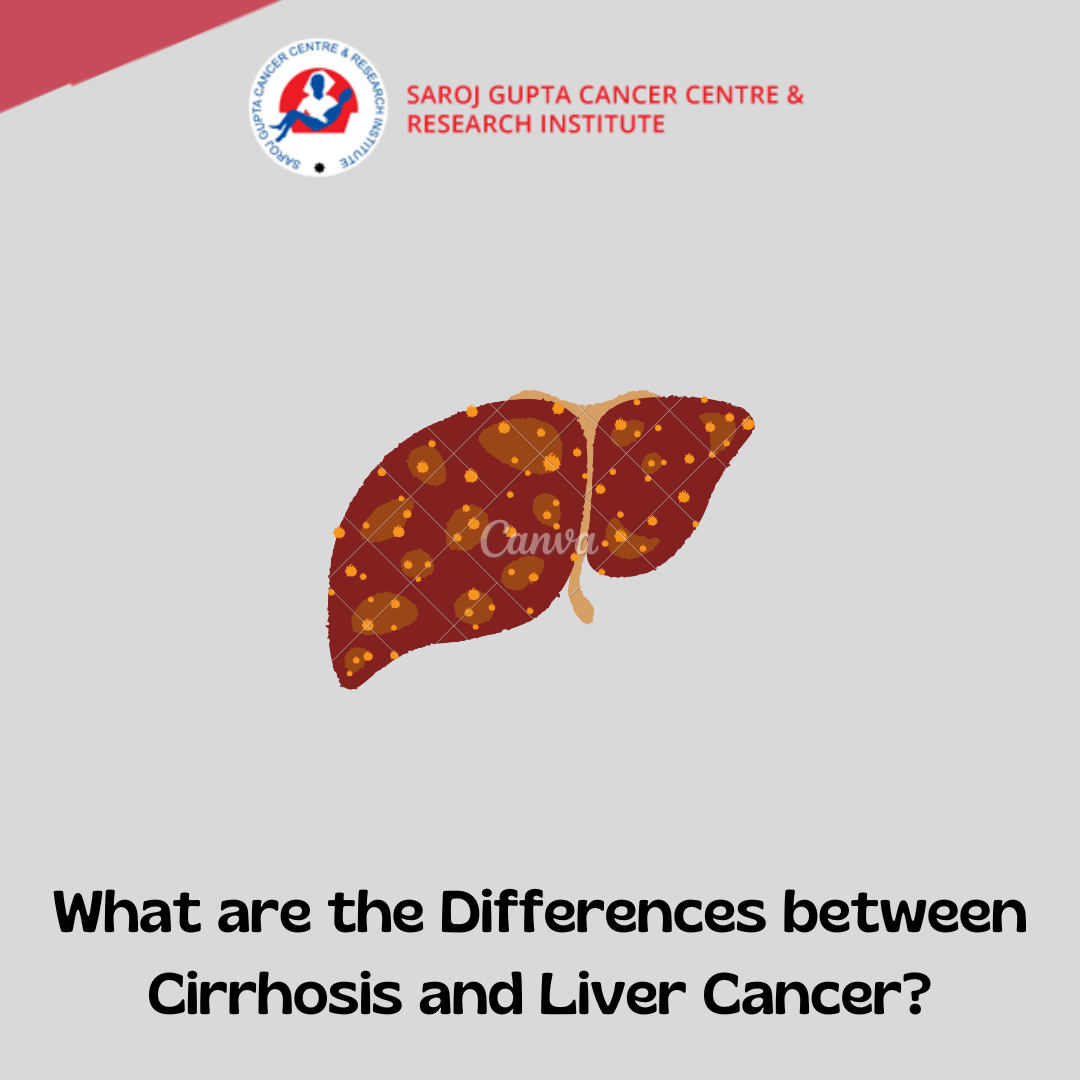Mahatma Gandhi Road, Thakurpukur, Kolkata - 700063
Helpline No.:
+91 90070 87270 / 98306 35065

Mahatma Gandhi Road, Thakurpukur, Kolkata - 700063
Helpline No.:
+91 90070 87270 / 98312 16575
Mahatma Gandhi Road, Thakurpukur, Kolkata - 700063
Helpline No.:
+91 90070 87270 / 98306 35065


